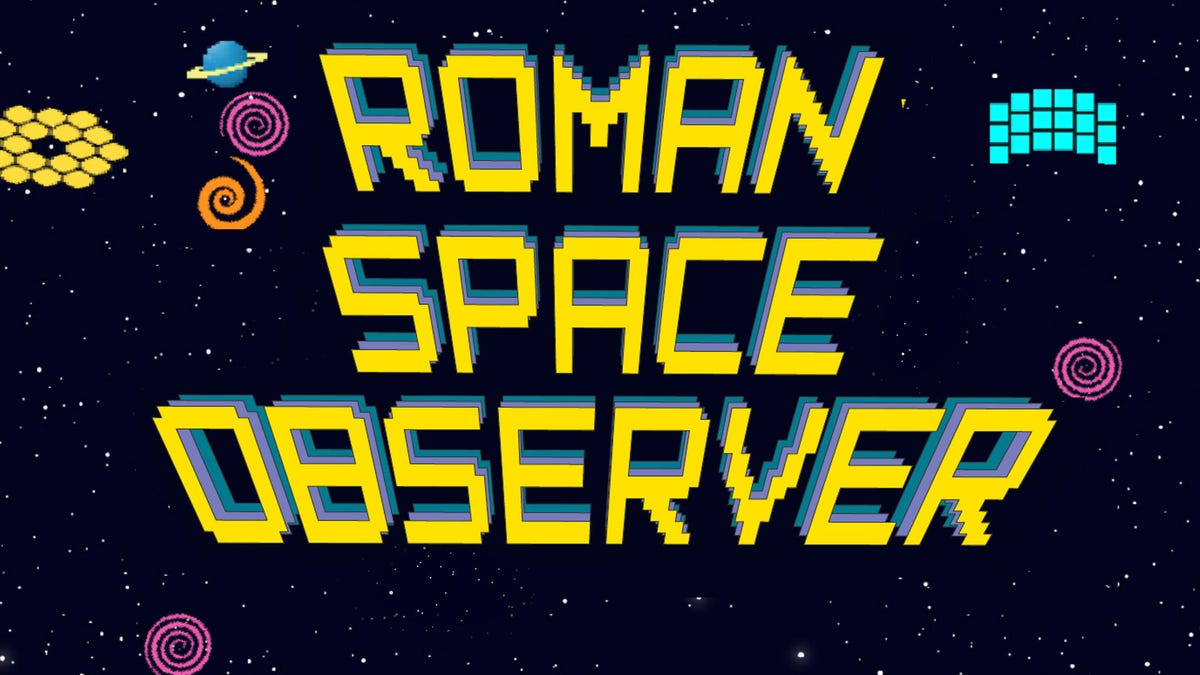NASA Releases Totally Rad Roman Telescope Retro Video Game
This is the perfect space game for Stranger Things fans who enjoy reveling in '80s nostalgia.
The '80s are so hot right now. NASA 's Nancy Grace Roman Telescope, which will focus on dark matter and distant exoplanets, isn't scheduled to launch until the mid-2020s, but you can get hyped up in advance by playing an entertaining retro video game that challenges you to capture as many galaxies, supernovae, planets and black holes as possible.
NASA's Roman Space Observer Game is a retro blast of space fun.
The online Roman Space Observer Game mashes all the right buttons. It's easy to play and hard to master. The game features a delightful throwback soundtrack and looks the part of a vintage 8-bit game.
You play as the telescope, a curving collection of blue squares that represents the observatory's field of view. You zip around in space using the arrow keys on your keyboard and hit the spacebar to collect celestial objects. You have a minute to gather as many as you can. The goal is to rack up a new high score.
The swirling galaxies are pretty easy to snag. The green rogue exoplanets are fast and hard to catch. You'll need to be both lucky and skilled to grab the James Webb Space Telescope, which appears in the shape of its golden mirrors. I have yet to catch any dark matter or black holes in my attempts so far. The more challenging objects net you more points.
The Roman Space Telescope is named for a trailblazing astronomer known as the "Mother of Hubble." "The mission will help us solve some of the most profound mysteries in astrophysics, such as how the universe has evolved, its ultimate fate, and whether we are alone," said NASA.
The game is a celebration of the future of astronomy by way of a tribute to our video-game past. If you like Space Invaders, you'll love this. And if you figure out the secret to catching some dark matter, let me know.


